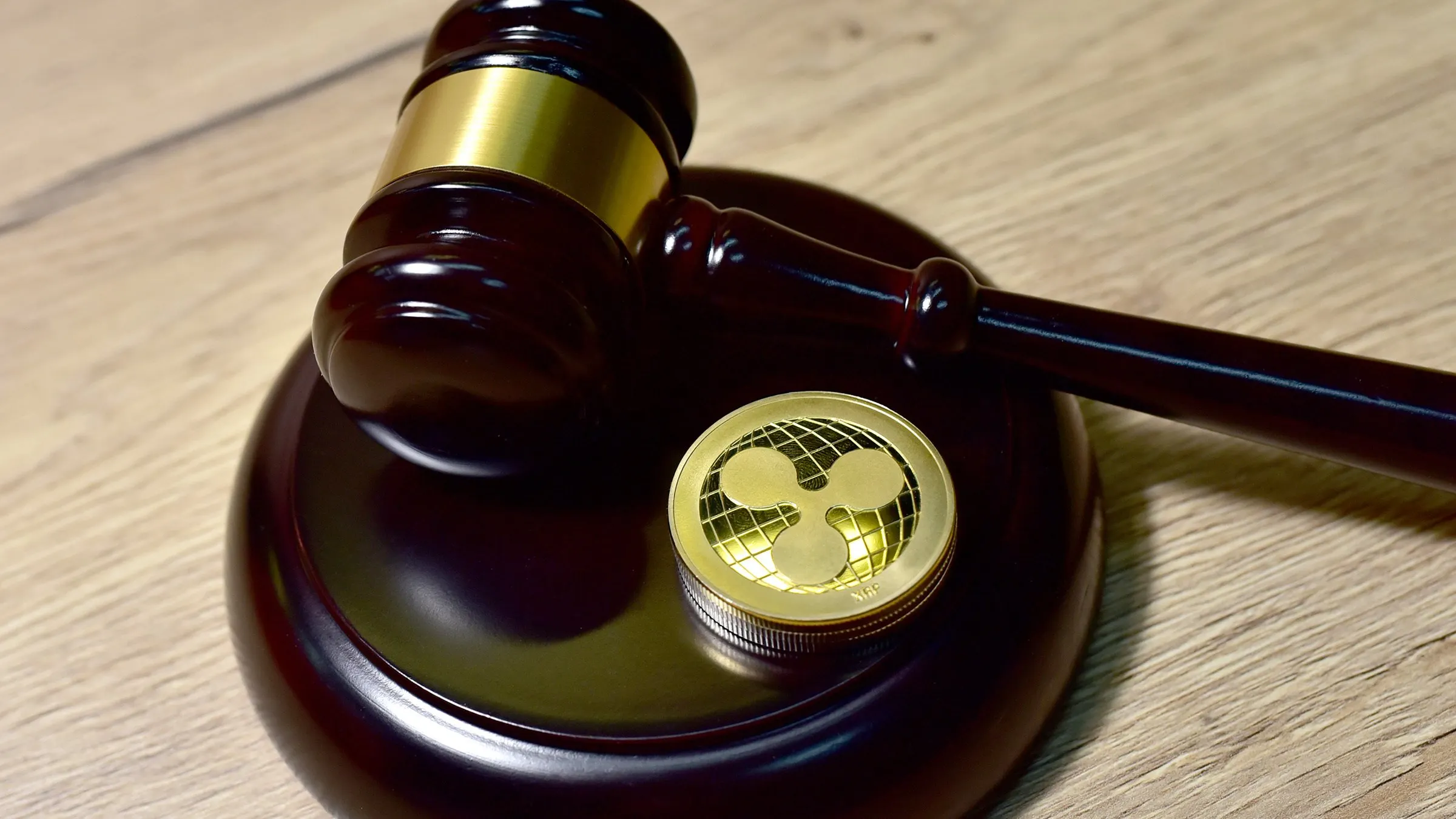The Securities and Exchange Commission (SEC) signaled on Wednesday that America’s financial watchdog plans to appeal a court’s recent decision that found the cryptocurrency XRP is not necessarily a security on its face.
“The SEC seeks to certify the Court’s holding that Defendants’ ‘Programmatic’ offers and sales to XRP buyers over crypto asset trading platforms and Ripple’s ‘Other Distributions’ in exchange for labor and services did not involve the offer or sale of securities,” the SEC said in a court filing. “Interlocutory review is warranted here.”
An interlocutory appeal is an appeal that asks an appellate court to review decisions that take place while a case is still ongoing. The SEC said an appellate review is warranted, as a number of SEC actions may be impacted by how issues raised in a review are resolved.
XRP edged down after the filing. The coin was down around 1% after the filing to around $0.63, as of this writing, according to CoinGecko. Still, XRP was up 33% over the past month.
The SEC’s move to telegraph a regulatory riposte comes after Judge Analisa Torres ruled last month that programmatic sales of XRP by Ripple Labs to public buyers and distributions to employees did not constitute the sale of unregistered securities. Programmatic sales refer to scheduled sales of XRP by Ripple on cryptocurrency exchanges. Torres did, however, rule that sales of XRP to institutions did constitute the sale of unregistered securities.
Hogan & Hogan Partner Jeremy Hogan said on Twitter that the SEC’s appeal will not question whether XRP is a security, but rather the SEC’s losses when it comes to programmatic and individual sales.
AND... the SEC continues making questionable decisions, requesting an interlocutory appeal.
Note that it is NOT appealing whether XRP itself is a security - just its losses on the programmatic and individual sales issues. https://t.co/GziVLp23mT
— Jeremy Hogan (@attorneyjeremy1) August 9, 2023
The SEC said Wednesday's court filing was meant to outline its basis for seeking leave, essentially asking the court for permission to deviate from the case’s established course. Ahead of the SEC’s filing, Judge Torres set a trial date for the case in the spring of 2024.
It’s the latest turn in Ripple’s years-long legal battle with the SEC, which began when the agency sued the firm in 2020. The SEC accused Ripple and its two co-founders, CEO Brad Garlinghouse and executive chairman Chris Larsen, of raising $1.3 billion through the sale of XRP, an alleged unregistered security.
There were hints that the SEC was less than thrilled with Torres' decision. SEC Chair Gary Gensler said he was “disappointed” with elements of the ruling last month, and the agency dragged the case as “wrongly decided” in its lawsuit against Terraform Labs and Terra’s CEO Do Kwon the next week.
Crypto Law founder John Deaton said last month that an appeal from the SEC shouldn’t be considered a “setback” for Ripple’s legal win, explaining that the gears of justice are slow and Torres’ decision is the law of the land in the meantime. Additionally, he said there are other grounds that the sale of XRP could not be considered a security under the Howey Test—a legal test established by the Supreme Court that is used to determine what qualifies as an “investment contract,” a type of security, under federal law.
However, fissures within the Southern District of New York were noted by the SEC, where Judge Jed Rakoff declined to extend Torres’ reasoning to the SEC’s case against Terraform Labs and Kwon.
“An intra-district split that has already developed” is reflective of “substantial ground for differences of opinion,” the SEC said as part of its justification for an interlocutory appeal.

